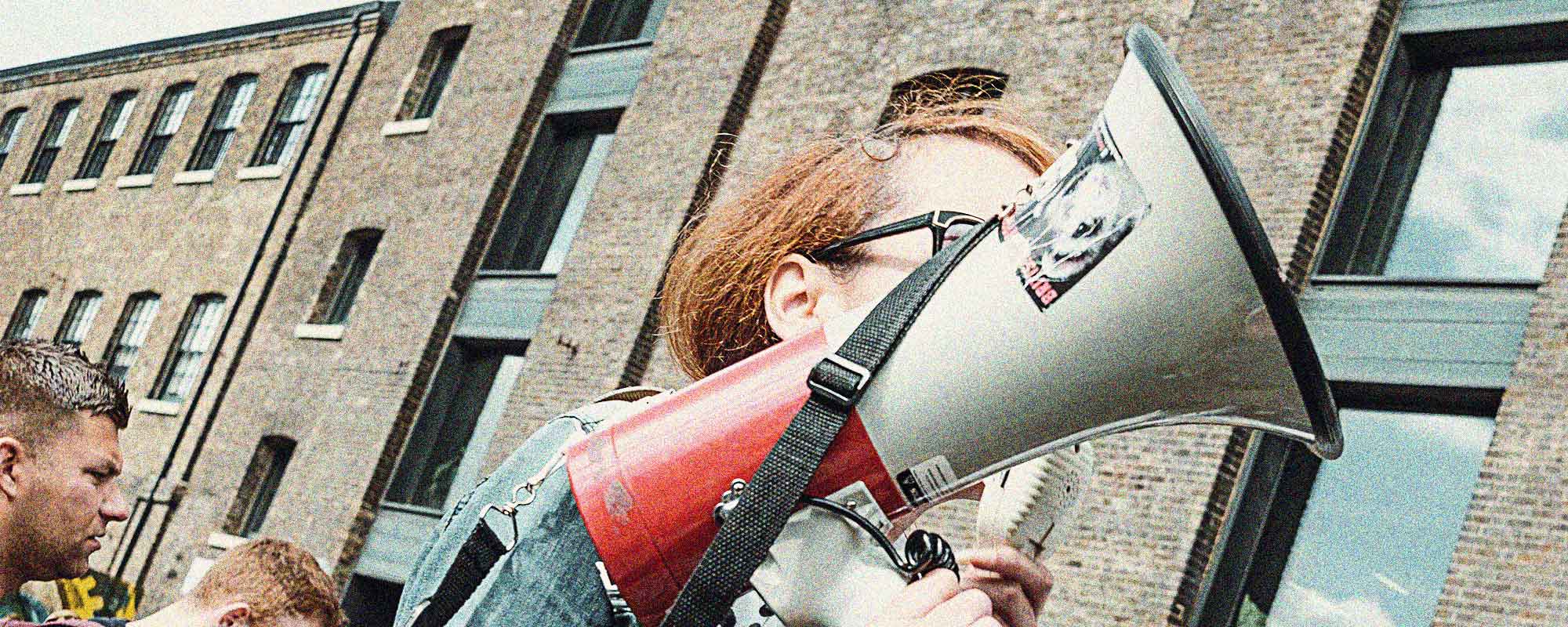On June 7, 2024, Anaïs Bussières McNicoll, director of the Fundamental Freedoms program and interim director of the Privacy, Technology and Surveillance program at the Canadian Civil Liberties Association, made the following statement:
It has been reported that, in the early morning of June 6, 2024, at the request of the York University, the Toronto Police Service intervened at the University’s campus to clear a peaceful encampment erected one day prior as part of a student protest movement.
A similar approach was adopted on June 1st in Quebec City, where the Quebec Police Service reportedly cleared a peaceful student protest encampment that had just been erected on the University of Laval’s campus.
In both cases, the universities publicly acknowledged their commitment to freedom of expression, while taking the position that the protestors were trespassing. In both cases, the police services also justified their intervention by alleging that the protesters were trespassing.
The CCLA deplores this superficial and inconsequential approach to freedom of expression and freedom of peaceful assembly. These fundamental freedoms are not elusive and intangible principles lacking practical applicability. They are Charter-protected rights guaranteed to everyone in Canada, and they should be given concrete effect, particularly on university grounds.
Universities are places where the free flow of speech, opinions and debate has been and should continue to be encouraged and protected, regardless of the meaning behind an expression or protest. As for university campuses, they are accessible spaces where students and communities come together to take positions on political, social, and educational issues. In the past, student activism has been instrumental in securing rights related to various issues, from lower tuition fees to climate change.
Universities’ right to free enjoyment of their property must be interpreted in light of these institutions’ particular mission and the unique nature of university campuses. In the absence of a pressing and substantive reason – for instance in case of threats to the physical safety of individuals or incitement to imminent violence – freedom of speech and freedom to peacefully protest should not have been limited on university campuses.
It is not enough for universities and police services to acknowledge through empty words that students have fundamental rights and freedoms. They must also – and most importantly – walk the talk and give proper effect to these constitutional protections.
About the Canadian Civil Liberties Association
The CCLA is an independent, non-profit organization with supporters from across the country. Founded in 1964, the CCLA is a national human rights organization committed to defending the rights, dignity, safety, and freedoms of all people in Canada.
For the Media
For further comments, please contact us at media@ccla.org.





